Retire in This Island Country for That 'Permanent Vacation' Feeling
Fiji, an English-speaking island nation, offers a luxury retirement at a bargain price.
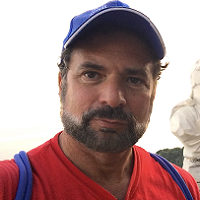
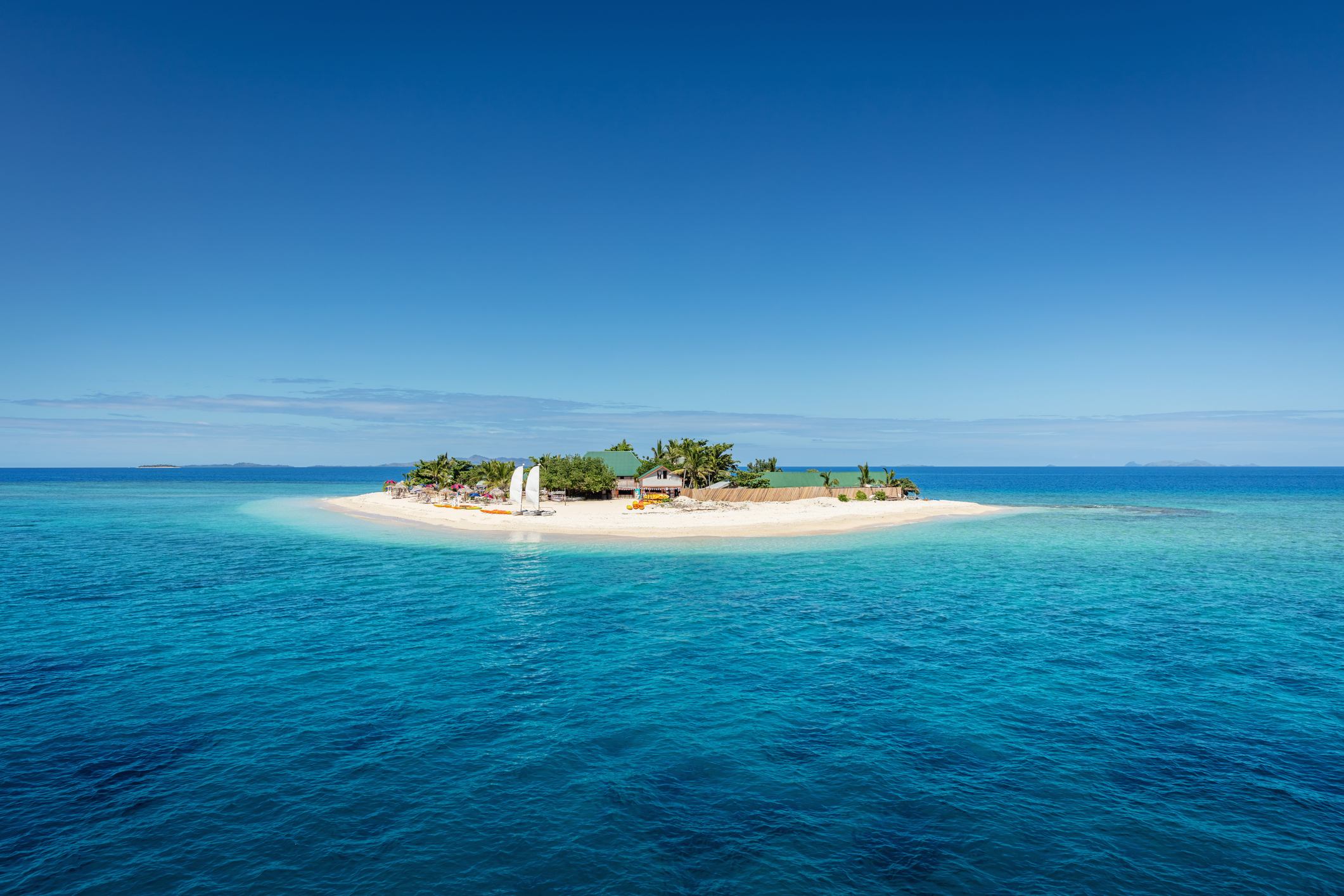
Profit and prosper with the best of Kiplinger's advice on investing, taxes, retirement, personal finance and much more. Delivered daily. Enter your email in the box and click Sign Me Up.
You are now subscribed
Your newsletter sign-up was successful
Want to add more newsletters?

Delivered daily
Kiplinger Today
Profit and prosper with the best of Kiplinger's advice on investing, taxes, retirement, personal finance and much more delivered daily. Smart money moves start here.

Sent five days a week
Kiplinger A Step Ahead
Get practical help to make better financial decisions in your everyday life, from spending to savings on top deals.

Delivered daily
Kiplinger Closing Bell
Get today's biggest financial and investing headlines delivered to your inbox every day the U.S. stock market is open.

Sent twice a week
Kiplinger Adviser Intel
Financial pros across the country share best practices and fresh tactics to preserve and grow your wealth.

Delivered weekly
Kiplinger Tax Tips
Trim your federal and state tax bills with practical tax-planning and tax-cutting strategies.

Sent twice a week
Kiplinger Retirement Tips
Your twice-a-week guide to planning and enjoying a financially secure and richly rewarding retirement

Sent bimonthly.
Kiplinger Adviser Angle
Insights for advisers, wealth managers and other financial professionals.

Sent twice a week
Kiplinger Investing Weekly
Your twice-a-week roundup of promising stocks, funds, companies and industries you should consider, ones you should avoid, and why.

Sent weekly for six weeks
Kiplinger Invest for Retirement
Your step-by-step six-part series on how to invest for retirement, from devising a successful strategy to exactly which investments to choose.
Editor’s note: This article is part of an ongoing series on retiring abroad. To see all the articles in the series, jump to the end.
Fiji is such a dream vacation destination — a place that seems so exotic and ephemeral — that it's difficult to imagine actually relocating there; but you can, and doing so is not particularly arduous.
The bar for demonstrating financial independence (which is mandatory to obtain a long-term visa) is low, and assuming you can meet it, this beach paradise that served as the location for both The Blue Lagoon and Survivor can be your new tropical home.
From just $107.88 $24.99 for Kiplinger Personal Finance
Become a smarter, better informed investor. Subscribe from just $107.88 $24.99, plus get up to 4 Special Issues

Sign up for Kiplinger’s Free Newsletters
Profit and prosper with the best of expert advice on investing, taxes, retirement, personal finance and more - straight to your e-mail.
Profit and prosper with the best of expert advice - straight to your e-mail.
"Fiji offers a warm, English-speaking environment, a tropical lifestyle, and affordable living costs compared to Australia, New Zealand, or the U.S.," says Laura Madrid Sartoretto, research lead at the global intelligence unit of Global Citizens Solutions (GCS).
According to GCS, Fiji’s population of nearly 900,000 includes a healthy number of expats from English-speaking countries, specifically Australia (around 5,000 people), New Zealand (around 3,500), the U.S. (around 3,000), Great Britain (around 1,500) and Canada (around 1,000). Those figures include both retirees and seasonal residents.
The country’s 330 islands, around a third of them inhabited, lie northeast of New Zealand and east of Australia. It takes three hours to fly from Auckland to Fiji’s Nadi International Airport, and five to fly from Sydney to Nadi.
From Los Angeles, the flight is around 10 or 11 hours, which is several hours longer than the trip from Los Angeles to the Pacific escapes of Hawaii or French Polynesia — that’s how far-flung Fiji is.
Fiji experiences a consistent, sunny, tropical climate throughout the year; the driest months are from May to October.
The vast majority of Fijians live on two islands: Viti Levu, where both Nadi and the capital of Suva are located; and Vanua Levu.
Though Suva has its own airport, Nadi’s airport is considered the international gateway. It takes 3.5 hours to drive from Nadi International Airport to Suva, along a southerly coastal route.
If you want to explore the lay of the land for possible relocation, Fiji’s Intercontinental Golf Resort & Spa offers the ultimate soft landing on its 35 beachfront acres; it’s designed to evoke a Fijian village, so it gives guests a sense of the traditional culture. The resort is less than an hour’s drive from Nadi’s airport.
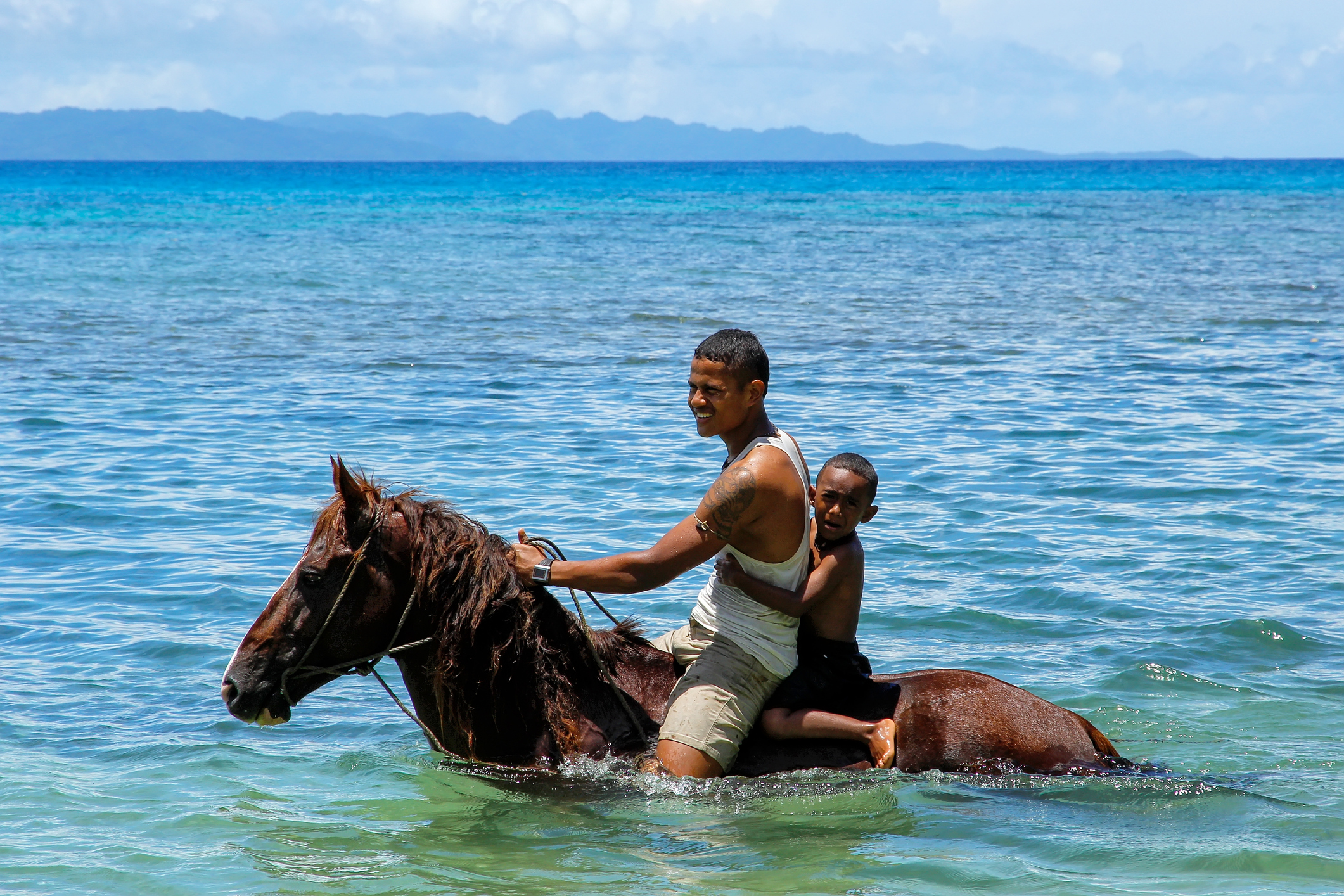
The Fiji ethos
Kathy Koyamaibole, Tourism Fiji’s regional director for North America, says that "Fiji continues to be an ideal destination for those looking to retire in a place that offers not only serene natural surroundings, but also a deep sense of community and well-being.
"What sets Fiji apart is its warm and welcoming culture. Fijians are known for their hospitality, strong community values, and genuine sense of happiness that’s truly infectious. For retirees, Fiji offers a slower pace of life, vibrant expat communities, affordable real estate, and lots of coconuts to keep you hydrated."
Opportunities for beachcombing, snorkeling and scuba abound, along with cultural sites such as Nadi’s Sri Siva Subramaniya Swami Temple.
A fresh, healthy cuisine — heavy on seafood and farm produce — awaits. The ceviche-like Kokada, whipped up from fish and coconut milk — is the national dish.
In terms of the comfort level for the LGBT community, Fiji is a mixed bag. Though Fiji decriminalized gay sex 15 years ago and has adopted laws banning employment discrimination and hate speech against LGBT people, marriage equality is not available in the country.
But like many Pacific island countries and states (including French Polynesia and Hawaii), Fijian society recognizes a third gender (men with female characteristics), here called vaka sa lewa lewa.
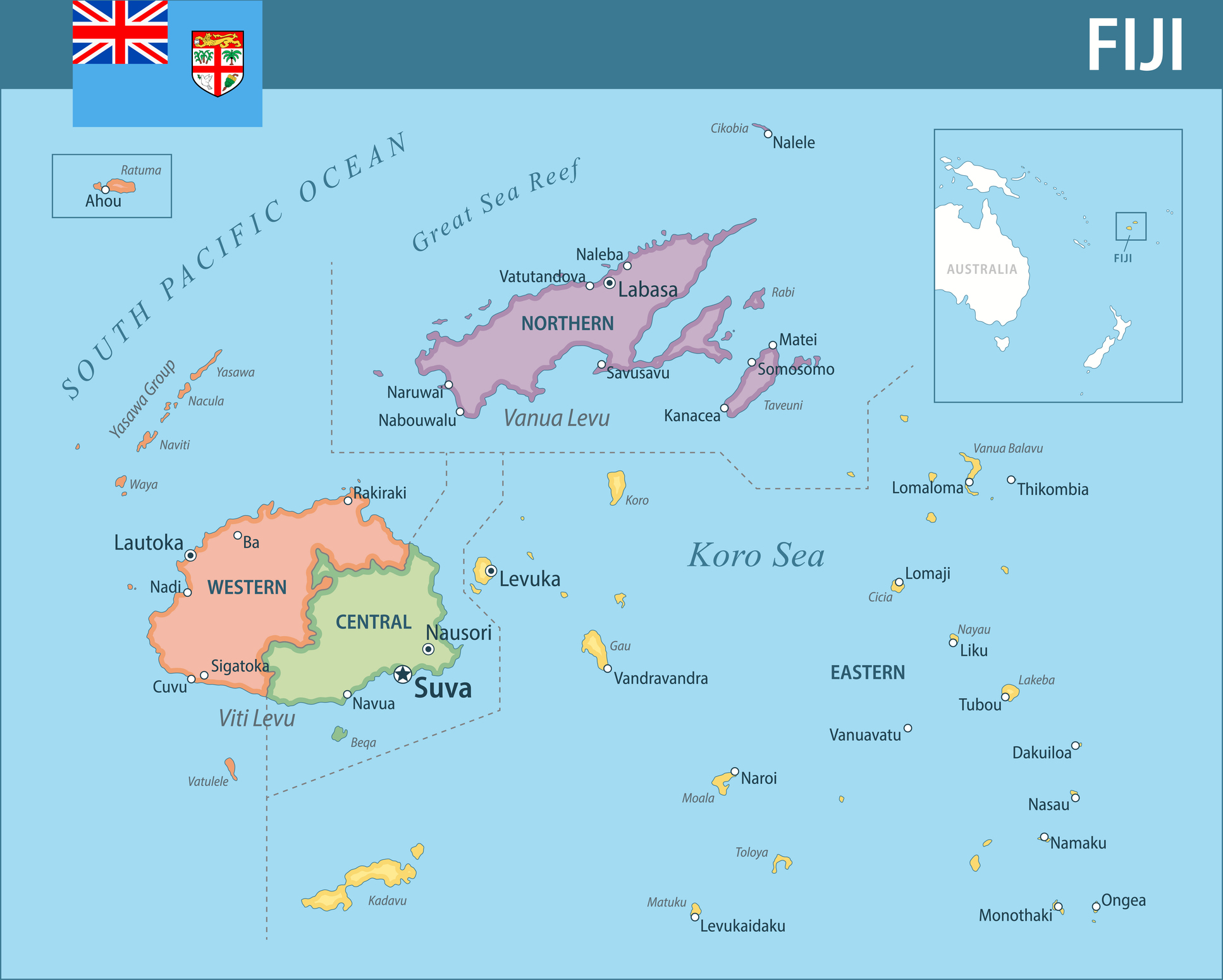
Where to retire in Fiji
A plurality of Fijians live in the capital of Suva, home to more than 185,000, if you include the coastal city’s greater metro area. Suva’s Colonial War Memorial Hospital is the largest in Fiji.
But Koyamaibole encourages retirees to look beyond Suva. "Many U.S. expats choose to settle in areas such as Savusavu, Pacific Harbour or Nadi for their laid-back lifestyle, proximity to nature, and access to local amenities," she notes.
Savusavu, known for its hot springs, is in Vanua Levu, but you can get there from Nadi via a one-hour flight.
Pacific Harbour is in Viti Levu (about an hour’s drive from Suva), and offers the acclaimed Paradise Beach, as well as river tubing, fishing, surfing, ziplining, a marina and the Arts Village for shopping and dining.
Nadi is a center for Hindu culture, while its economy is heavily reliant on tourism. The city’s Pacific Specialist Healthcare is highly regarded.
Renting an apartment is extremely affordable: A one-bedroom in the city center will set you back only around $700, while a three-bedroom will cost double that.
As an island nation, Fiji is particularly vulnerable to sea-level rise and other climate impacts. Happily, the Government of Fiji has developed plans to improve the islands' resilience, some of which involve moving coastal villages further inland.
If you hope to settle right on the coast, you should research the potential vulnerability of each property you consider.
Visa, health care and tax matters in Fiji
The Fiji Assured Income Visa (AIV) is the primary retirement and passive income visa offered by this South Pacific nation.
"Designed for financially self-sufficient retirees and expats, the AIV grants renewable long-term residence to those who can demonstrate a secure, regular income or substantial assets," Sartoretto says.
To qualify for the AIV, applicants must be at least 45 years old, show evidence of accommodation (rented or owned), hold valid health insurance and pass a medical check.
Sartoretto explains that most expats and retirees use private clinics and hospitals, with international health insurance strongly recommended. "Medical standards in major cities such as Suva and Nadi are good, but limited in rural areas," she says.
In addition, the applicant must demonstrate financial self-sufficiency: A minimum annual income of 30,000 in Fijian dollars (called FJD) is required — that’s approximately $13,200 in U.S. dollars — from pensions, investments, annuities or other fixed-income sources. (A spouse and dependents under 18 are included.)
Alternatively, Sartoretto says, applicants can show "sufficient assets held in Fiji": a bank deposit of at least FJD 100,000 (around $44,000 USD). Applicants must agree not to seek work from a Fijian employer.
"The AIV is valid for one year and can be renewed annually as long as financial requirements and good character are maintained," Sartoretto says (i.e., don’t run afoul of the law). AIV holders can own property (with some restrictions on land types) and participate in local community life.
"The program is especially popular among retirees from Australia, New Zealand, the U.S., the U.K., and Canada," she says. Citizenship is possible after five years of residence under the AIV.
Finally, Fiji operates a territorial tax system, meaning only income sourced within Fiji is taxed for residents — not an issue for AIV holders. Foreign pensions, offshore investments and overseas earnings are generally not taxed in Fiji for AIV holders.
More on Where to Retire Abroad
- Retire on This Island for Mediterranean Living on the Cheap
- Retire in Japan: It Ain’t Easy, Unless You’re Special
- Retire in Spain for Culture, Cuisine and Coastal Bliss
- Retire in Ireland for Lush, Green Landscapes and Bustling Cities
- Retire in Malaysia for Affordable Luxury
- Retire in Finland and Live the Nordic Dream
- Retire in Ecuador for an Affordable, Rich Life
- Retire in Costa Rica for Expat Heaven
- Retire in the Canary Islands for Beaches and Natural Beauty
- Retire in Belize for Stunning Natural Beauty and Culture
- Retire in Malta for Quiet Coastal Perfection
- Retire in New Zealand for Lush Landscapes and a Relaxed Vibe
- Retire in the UK for Culture, History and Location
- Retire in Italy for Culture and Beauty
- Retire in Greece for Relaxed Living With a Cinematic Backdrop
- Retire in Thailand, Where 'The White Lotus' Was Filmed
- Retire in Mexico: Get a Lower Cost of Living Near the US
- Retire in Portugal as a US Retiree
- Retire in the Dominican Republic
- Retire in Panama for Stability and Charm
- Retire in Brazil: It's More Than Carnival, Coffee and Copacabana
- Retire 2025: Puerto Rico
Profit and prosper with the best of Kiplinger's advice on investing, taxes, retirement, personal finance and much more. Delivered daily. Enter your email in the box and click Sign Me Up.
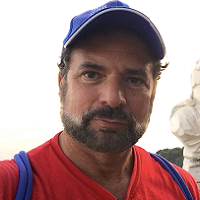
Drew Limsky joined Kiplinger Digital as a freelance retirement writer because he believes that every day offers opportunities to make better financial decisions, and that it’s never too late to learn how to enhance your financial position and lifestyle. Drew is the former editor of Lexus magazine, Cadillac magazine, South Florida Business & Wealth, Business Jet Traveler, Interiors South Florida, and Mariner (for Holland America). Drew’s writing credits include The Wall Street Journal, New York Times, LA Times, Washington Post, Boston Globe, Yahoo, Worth, AD, Robb Report, Metropolis, Men’s Journal, and Business Insider. An Emory grad, Drew earned his JD and PhD at NYU, and lives in Miami Beach, Brooklyn, and Cape Cod.
-
 Quiz: Do You Know How to Avoid the "Medigap Trap?"
Quiz: Do You Know How to Avoid the "Medigap Trap?"Quiz Test your basic knowledge of the "Medigap Trap" in our quick quiz.
-
 5 Top Tax-Efficient Mutual Funds for Smarter Investing
5 Top Tax-Efficient Mutual Funds for Smarter InvestingMutual funds are many things, but "tax-friendly" usually isn't one of them. These are the exceptions.
-
 AI Sparks Existential Crisis for Software Stocks
AI Sparks Existential Crisis for Software StocksThe Kiplinger Letter Fears that SaaS subscription software could be rendered obsolete by artificial intelligence make investors jittery.
-
 Quiz: Do You Know How to Avoid the 'Medigap Trap?'
Quiz: Do You Know How to Avoid the 'Medigap Trap?'Quiz Test your basic knowledge of the "Medigap Trap" in our quick quiz.
-
 We Retired at 62 With $6.1 Million. My Wife Wants to Make Large Donations, but I Want to Travel and Buy a Lake House.
We Retired at 62 With $6.1 Million. My Wife Wants to Make Large Donations, but I Want to Travel and Buy a Lake House.We are 62 and finally retired after decades of hard work. I see the lakehouse as an investment in our happiness.
-
 Social Security Break-Even Math Is Helpful, But Don't Let It Dictate When You'll File
Social Security Break-Even Math Is Helpful, But Don't Let It Dictate When You'll FileYour Social Security break-even age tells you how long you'd need to live for delaying to pay off, but shouldn't be the sole basis for deciding when to claim.
-
 I'm an Opportunity Zone Pro: This Is How to Deliver Roth-Like Tax-Free Growth (Without Contribution Limits)
I'm an Opportunity Zone Pro: This Is How to Deliver Roth-Like Tax-Free Growth (Without Contribution Limits)Investors who combine Roth IRAs, the gold standard of tax-free savings, with qualified opportunity funds could enjoy decades of tax-free growth.
-
 I'm a Wealth Adviser Obsessed With Mahjong: Here Are 8 Ways It Can Teach Us How to Manage Our Money
I'm a Wealth Adviser Obsessed With Mahjong: Here Are 8 Ways It Can Teach Us How to Manage Our MoneyThis increasingly popular Chinese game can teach us not only how to help manage our money but also how important it is to connect with other people.
-
 Global Uncertainty Has Investors Running Scared: This Is How Advisers Can Reassure Them
Global Uncertainty Has Investors Running Scared: This Is How Advisers Can Reassure ThemHow can advisers reassure clients nervous about their plans in an increasingly complex and rapidly changing world? This conversational framework provides the key.
-
 5 Ronald Reagan Quotes Retirees Should Live By
5 Ronald Reagan Quotes Retirees Should Live ByThe Nation's 40th President's wit and wisdom can help retirees navigate their financial and personal journey with confidence.
-
 I'm a Real Estate Investing Pro: This Is How to Use 1031 Exchanges to Scale Up Your Real Estate Empire
I'm a Real Estate Investing Pro: This Is How to Use 1031 Exchanges to Scale Up Your Real Estate EmpireSmall rental properties can be excellent investments, but you can use 1031 exchanges to transition to commercial real estate for bigger wealth-building.